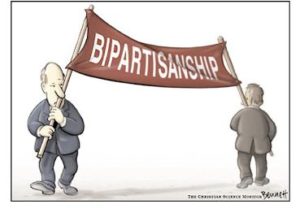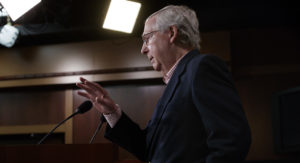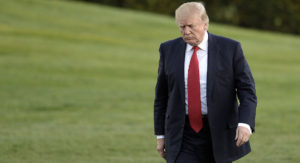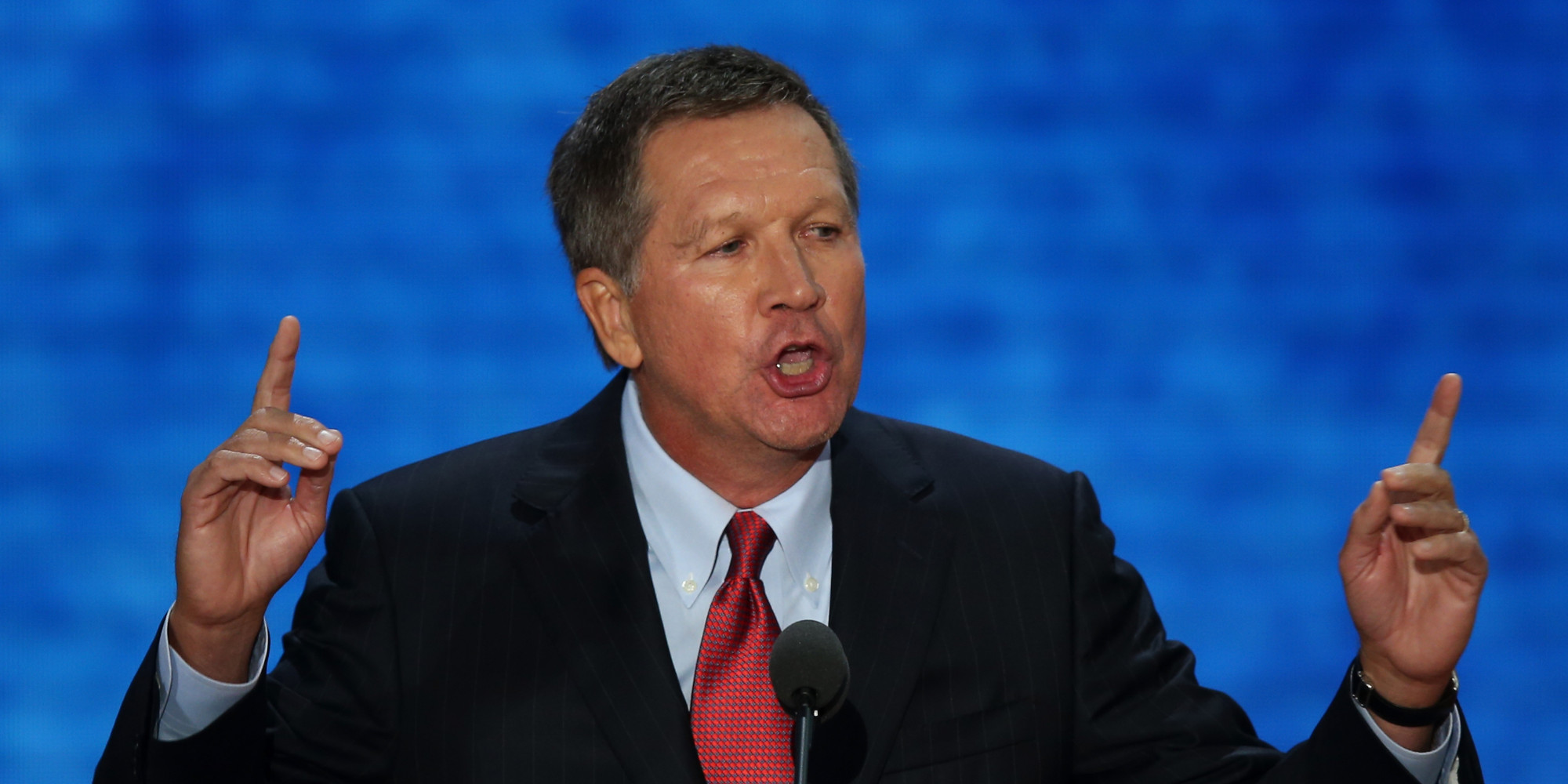I cannot remember the last time I saw a president posing for pictures with politicians of both major political parties.
You remember those days, right? President Lyndon Johnson signed landmark civil rights legislation into law, and handed pens out to Republicans and Democrats gathered around him.
President Richard Nixon did the same thing with, say, creation of the Environmental Protection Agency. Same with President Ronald Reagan as he signed significant tax legislation.
President Bill Clinton worked hand in glove with Republican congressional leaders to balance the federal budget and both sides sought to take credit for that noble achievement. Fine. Let ’em!
I remember the time not long after 9/11 when GOP President George W. Bush embraced Democratic Senate Leader Tom Daschle on the floor of the House after delivering a speech that called the nation to arms after the terror attacks.
These days, presidents are photographed only with pols of their own parties. President Barack Obama would be photographed at bill signings only with Democrats. The current president of the United States, Donald J. Trump, meets almost exclusively with Republicans and wouldn’t be caught dead sharing space with Democrats.
Legislating is a team sport. Teamwork often requires pols of both parties to work together.
We see so little of it these days, and indeed over the course of at least two presidential administrations. Republicans and Democrats have declared the other guys to be the enemy. They aren’t just mere opponents.
It’s a toxic time in Washington, D.C. It is threatening to poison the system for far longer than can possibly benefit the cause of good government.



